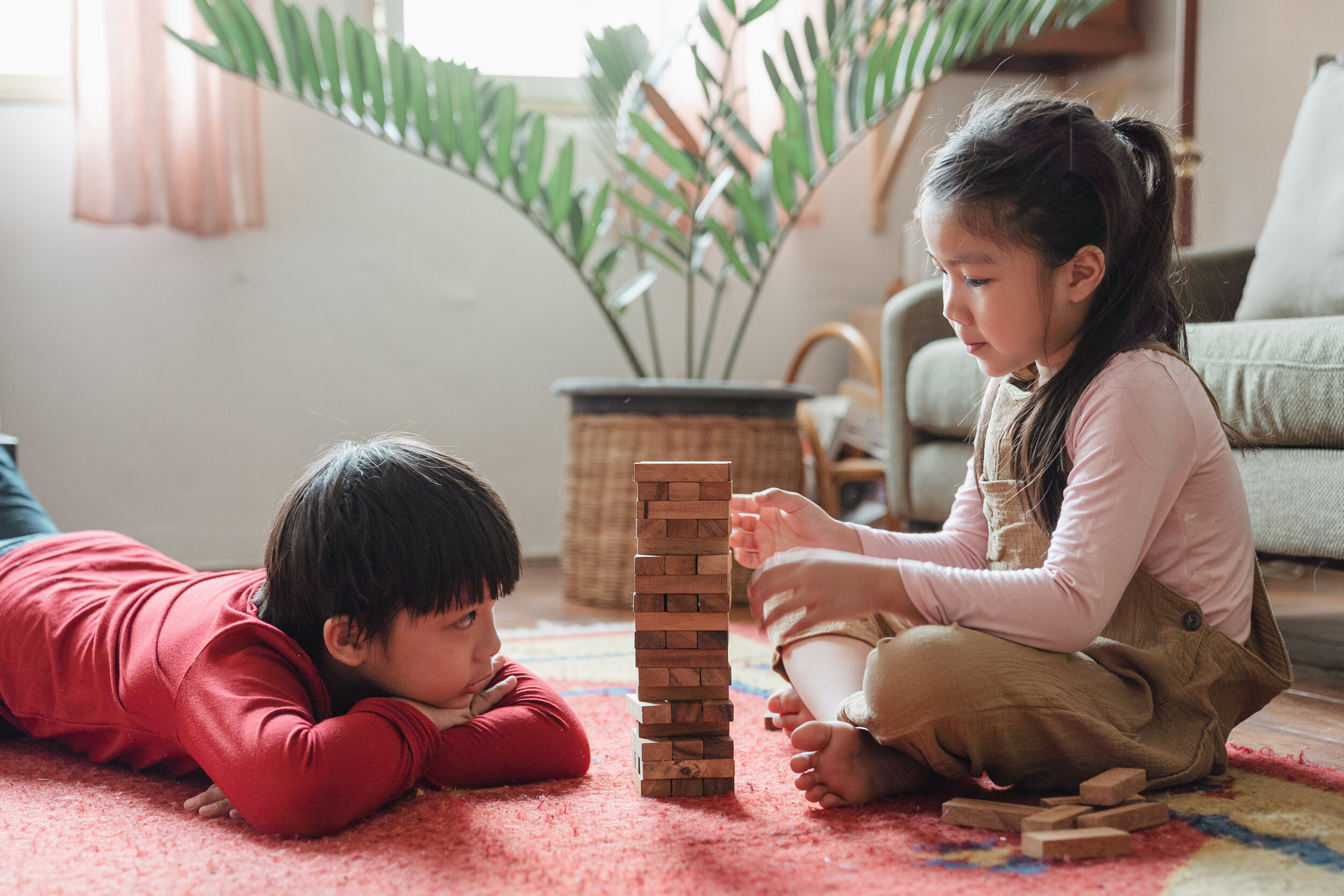Last year, I introduced the popular card game Uno to my pre-k class. A few of them already knew how to play, and a few were new to the game. They loved it so much they asked me to play every single day. They were always enthusiastic about winning and they couldn’t hardly believe it when I won more than one round. And yet they played on, undeterred. This year, at a different school with a different group of students, I also introduced Uno. It’s a game I played countless times growing up and it was a great way for kids to learn new skills such as taking turns. My students this year surprised me when, after someone won each game, they wholeheartedly celebrated. It didn’t matter who it was, they were always excited when someone one the game. They even jumped up and hugged me when I won a game. Despite the struggles with challenging behaviors over the past few months, here was a rare moment when my children taught me something: how to graciously lose.
Of course, this isn’t always the case. I can remember from all the competitions in elementary school whether in gym class, fundraising, spirit teams, who can get the most accelerated reading points, there was always an opportunity to win and an opportunity to lose. Losing was never fun. Even though the Uno game has gone smoothly, some of my students had a hard time losing in other games. And a few of them have the most difficult time accepting when they aren’t first in line. I empathize with their disappointment, but their meltdowns were a mystery to me.
Competing to Win...and Grow
As with any social emotional skill, reigning in our natural competitiveness is a skill even adults are still learning. At a young age, we are still developing our ability to retain information. This means losing a game can be frustrating if it was simply a matter of forgetting what one of the rules were. Similarly, it can be upsetting when a child is disciplined for forgetting a classroom rule or a rule at home.
Losing a game is more than our ability to remember what the rules for the game are, it’s also about emotion regulation. Children of a young age might not yet understand fairness and empathy. Learning these skills is an important part of social emotional development. Helping a child manage their big emotions when losing a game is also important.
1. Before the game starts, make sure everyone knows someone will win and someone will lose:
My students love to have dance parties. They especially love to play competition style which is what we call freeze dance. Every time before we start the game I ask them what happens if they are still moving when the music stops. They know it means they are out of the game until there is a winner. This is also an important tip for parents as it may be tempting to always let your child win. Letting your child win, especially if they hate to lose, is not helping to teach them how to lose.
2. Acknowledge it is okay to be upset when they lose and remind them to use coping strategies:
I can tell my students that I also get upset when I lose but I take a deep breath and will look forward to the next game. When a child does get upset, I invite them to sit next to me. I’ll provide comfort to the child and help them accept they lost this time and encourage them to cheer on the players that are still in the game. Other coping strategies parents and teachers can suggest, in addition to taking deep breaths, include:
Drinking a big glass of water
Pushing a wall
Jumping jacks
Spinning in circles
Roaring like a lion
Drawing their frustration on a sheet of paper
3. Help them lose graciously:
As a teacher it is helpful to recognize how another child’s behavior is affecting their peers. If I had one child get upset about losing freeze dance I had three more children get upset. They’ll shake their head, tell me “no” or burst into tears. When kids get upset over losing they may be upset with themselves or with others. Losing graciously means we recognize our mistakes and how we can improve, and also celebrate the success of others. When your child learns coping strategies for anger, they will be better equipped to accept the result of losing rather than placing blame on anyone.
4. Help them win graciously:
Just as important as helping a child learn how to lose is learning how to win graciously. You can help your child understand that if they were to brag that they are the best at the game and the other person is a “loser,” it wouldn’t make the other person feel good. You and your child can brainstorm ideas of what a “good sport” would say. For example, your child could find something to compliment the other participants about such as, “Thank you for helping my teammate up that fell during the game!”
5. Identify the attributes of a team:
If you and your family enjoy watching sports (whether live or on TV), this may be an opportunity to identify examples to your child of how teammates support each other. You can pay attention to how a team reacts when they lose or win and how they support each other one someone makes a mistake. If teammates don’t support each other, they will have a more difficult time being effective as a team and accepting losses. Likewise, we can think of ourselves as being on our own team. When we lose, we have to remember to be gracious toward ourselves, learn from our mistakes, and feel positive about trying again. Practicing self-compassion can help children be more gentle with themselves, while fostering their self-confidence.
6. Find an opportunity to grow:
An article from Exploring Your Mind shares, “Learning how to lose will allow your child not to consider a failure as a door that closes suddenly. He will see that it is actually an opportunity to improve, mature and grow in those aspects in his life which still need to develop. He will be able to tolerate frustration much more easily. Instead of letting himself be dragged down by opponents or enemies, he will learn how to use defeat in his favor and emerge stronger from it.”
Celebrating the Journey
When we lose, we learn that sometimes we’ll succeed and sometimes we won’t. Even as adults, this can be incredibly difficult but knowing how to lose will make learning from our mistakes and celebrating the successes of others much easier. Losing can be something that hurts our self-confidence, but that’s only if we focus on the result which is the loss itself. Hard work and determination is never wasted no matter what the outcome is. As an adult, I enjoy playing board games with my sisters and brother-in-law. We are playing competitively but also for fun. These are moments we don’t get to have often because we live in different cities, so I am more sad when the game is over than if I win or not. We can help our children focus on the moment with any activity rather than focus on the final result. You can discuss what they feel throughout the experience instead of what they only are feeling at the end of the competition.
When I play freeze dance with my students, I sometimes let the song play extra long before I stop it and someone will undoubtedly be out of the game because they kept dancing. I do this because in that moment, when everyone is in the game or anyone already out is cheering on the players still in, they are genuinely enjoying the moment. Win or lose, those are the moments I want my students to remember the most.





